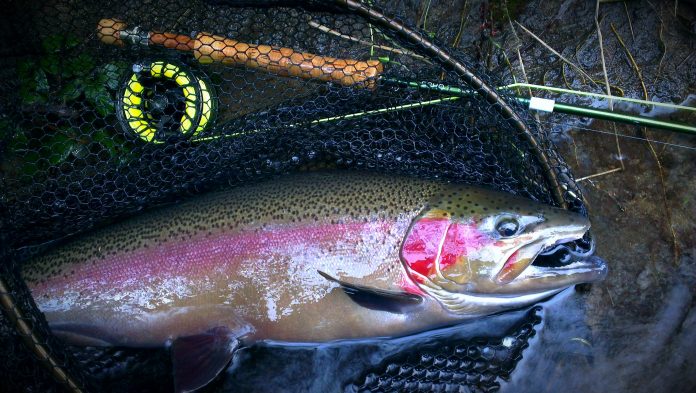Fisheries Committee agrees on new rules to update the control of fishing activities in the EU and to regulate the use of new technologies, whilst improving traceability and transparency.
With 23 votes in favour, 2 against and 3 abstentions the Committee on Fisheries adopted today its position regarding European Commission’s proposal on Fisheries Control, which will shape the rules for fishing activities in the EU for the next 15 years.
On-board cameras
The agreed text introduces limitations on the use of on-board cameras or other discard-monitoring equipment, a tool proposed by the Commission to control compliance with the landing obligation at sea. Such equipment would be mandatory only for vessels having committed two or more serious infringements and the obligation should be temporary. Operators could receive incentives, such as additional allocation of quota, to adhere to the technology on a voluntary basis, suggests the Fisheries Committee. MEPs also introduced provisions to assure the protection of privacy and personal data. The Commission is asked to review the effectiveness of on-board cameras or recording devices for the control of the Common Fisheries Policy (CFP) after 5 years and to assess new technology that could be available by then.
Monitoring
In order to increase security at sea, MEPs agree that all vessels should be equipped with a geolocation device allowing for its automatic location and identification, but add that operators could benefit from aid the European Maritime and Fisheries Fund (EMFF) to implement the technology. The use of electronic logbooks to record fishing activities should also be mandatory to all vessels, according to the resolution adopted. Nevertheless, the Fisheries Committee wants vessels smaller than 12 metres to be allowed to fill a simplified form and submit the data by the end of the fishing day, instead of after each fishing operation, as proposed by the Commission. This would protect small-scale fleet from excessive administrative burden, MEPs argue.
Traceability
The adopted report reinforces traceability rules throughout the food chain, introducing a new definition on lots, more flexible in order to meet the industry’s needs. The origin and species are compulsory information in all fishery or aquaculture product, including processed products, either from European origin or imported.
Recreational Fishing
A clear definition of recreational fishing was added to the Commission’s proposal and MEPs ask for an “appropriate system of sanctions” for those in the sector who do not comply with EU conservation measures or CPF’s rules. The report also supports the call for an impact assessment of recreational fishing over fishing stocks, the environment and the economy.
Infringements
The Fisheries Committee voted in favour of a broader mandate to the European Fisheries Control Agency (EFCA) and creating a “Union’s Register” where Member States should publish information concerning fishering controls, infringements, sanctions and lost gear, with the aim to increase transparency. In relation to third countries, the Commission should be able to introduce safeguard measures, such as a temporary suspension of preferential tariffs, whenever it detects illegal, unreported and unregulated (IUU) activities.
On 30 May 2018, the European Commission proposed the revision of the fisheries control system. The aim is to update five existing regulations, harmonising fisheries control and inspection system across Member States and modernizing a set of rules conceived before the 2013 CFP reform.

